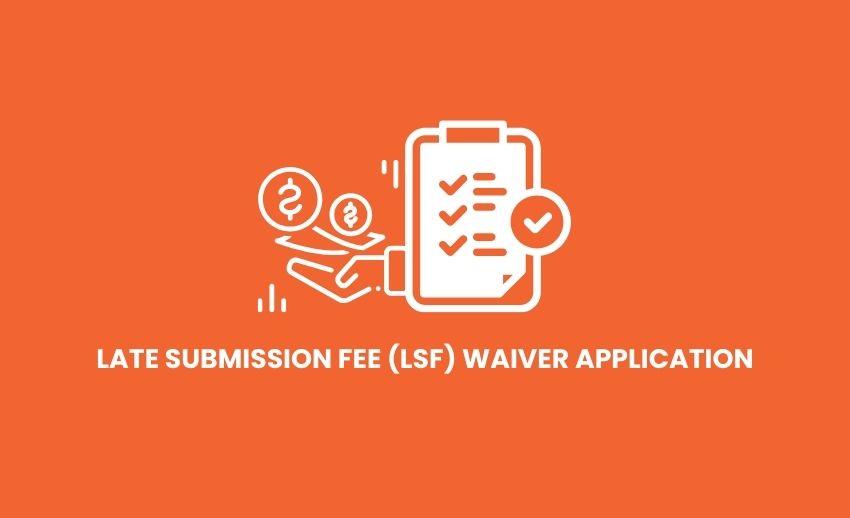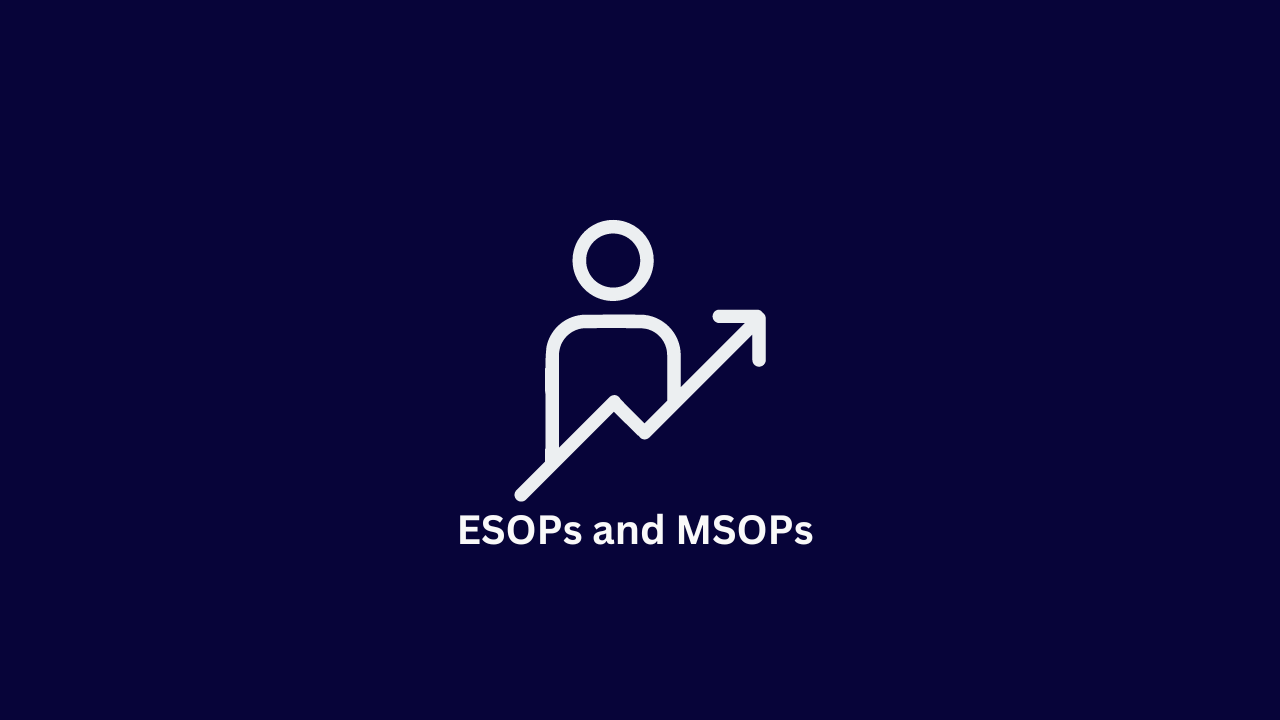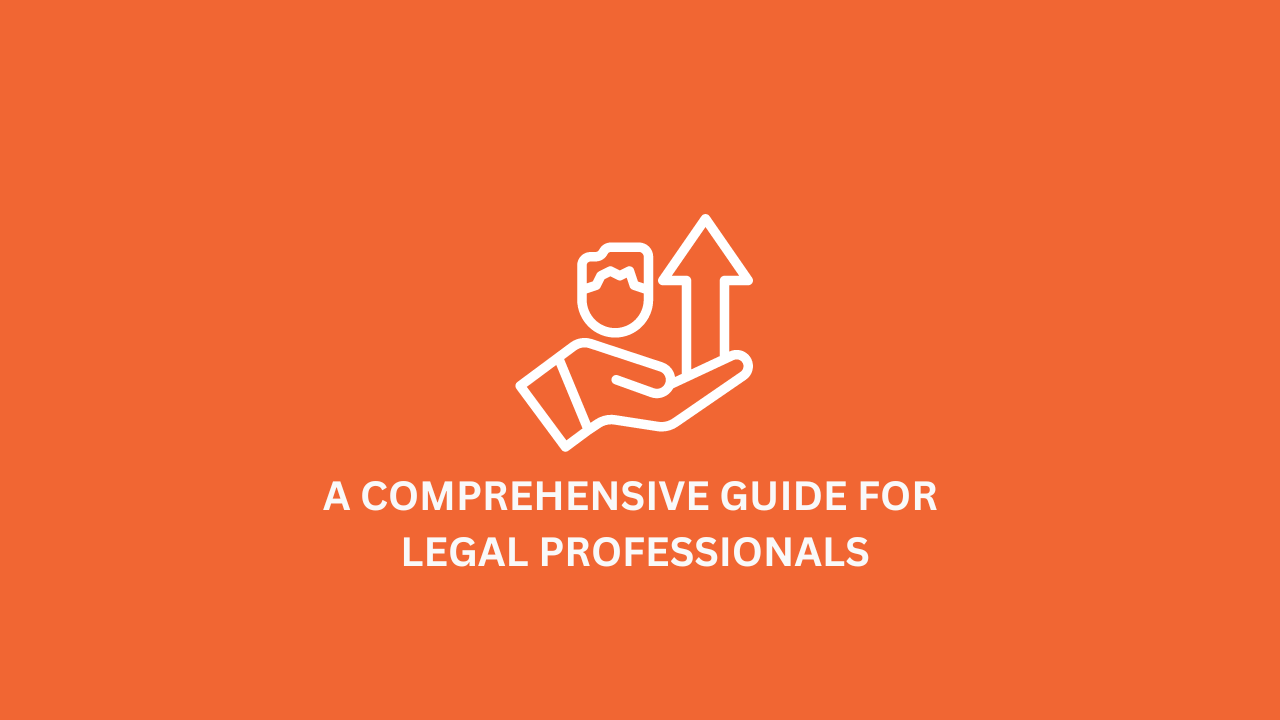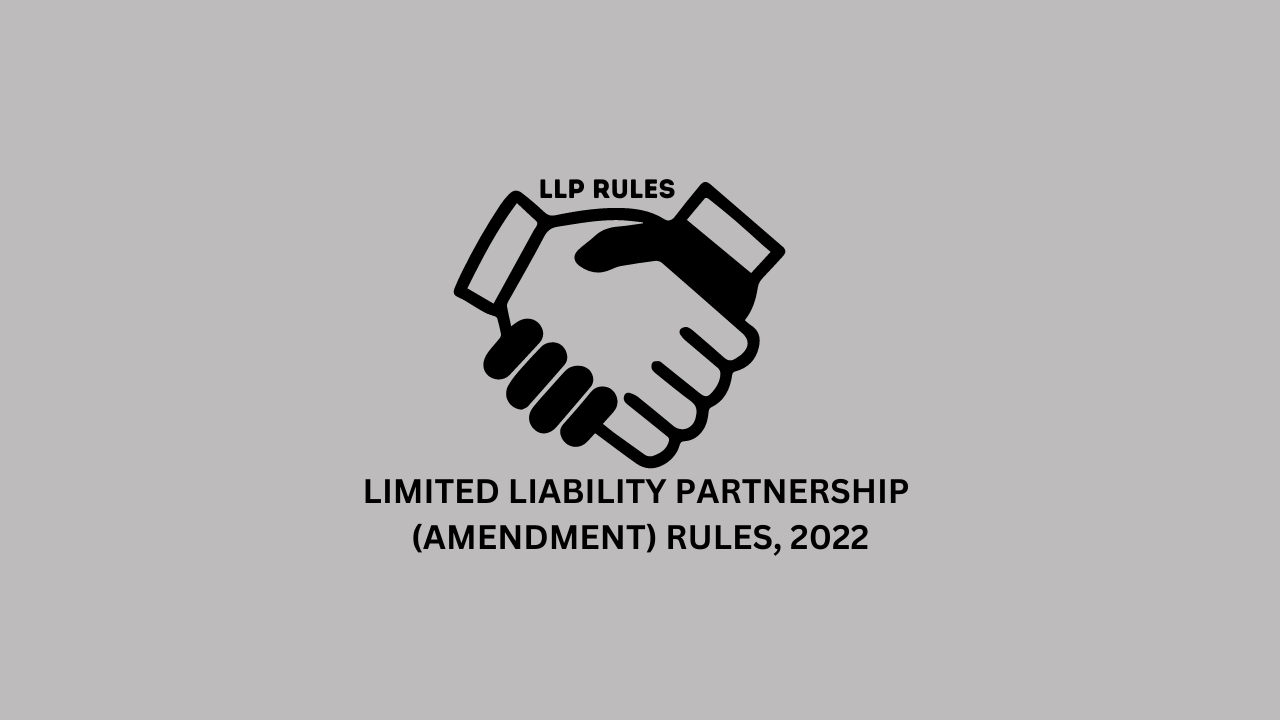
The Late Submission Fee (LSF) waiver application is a procedure outlined in the Foreign Exchange Management Act (FEMA) of 1999. FEMA is an Indian law that governs foreign exchange transactions. Its goals are to facilitate external trade and payments, promote the orderly development and maintenance of the foreign exchange market, and preserve the country’s foreign exchange reserves.
Various regulations and guidelines are in place under FEMA to govern foreign exchange transactions, including the timely submission of relevant documents and reports. In the event of late submission, FEMA provides for the imposition of a Late Submission Fee (LSF), which must be paid by the responsible party.
However, in some cases, an individual or entity may be able to request a waiver of the Late Submission Fee. The LSF waiver application process enables the affected party to formally request an exemption from the prescribed late submission penalty.
To begin the LSF waiver application process, the concerned party must typically take the following steps:
Determine the relevant regulation: Determine the specific FEMA regulation that resulted in the late submission and become familiar with the relevant provisions regarding Late Submission Fees and waivers.
Collect all necessary documentation: Prepare all necessary supporting documentation, such as a detailed explanation for the delay, evidence of extenuating circumstances, and any other information that strengthens the case for a waiver.
Create an official application: Prepare a formal written request for a waiver of the Late Submission Fee, addressing it to the appropriate authority or department specified in the FEMA guidelines. The application should include a clear explanation for the delay as well as a compelling argument for granting the waiver.
Submission and follow-up: Within the timeframe specified, submit the LSF waiver application and supporting documents to the designated authority. Check that the application is complete and that all required information is included. Following submission, it may be necessary to contact the authority to confirm receipt and inquire about the status of the application.
Wait for a decision and comply if it is denied: Once the application is submitted, the authority will review it and decide whether or not to waive the Late Submission Fee. It is critical to await the official response. If the waiver is granted, the late submission fee is waived, and the applicant is exempt from paying the penalty. However, if the waiver is denied, the applicant must pay the Late Submission Fee within the timeframe specified in order to avoid any further penalties or consequences.
It is important to note that specific procedures for the Late Submission Fee Waiver application may vary depending on the nature of the violation, the regulations involved, and the guidelines of the governing authority. For specific instructions and assistance in navigating the LSF waiver process, it is best to consult official FEMA documentation, seek legal advice, or contact the relevant authorities








